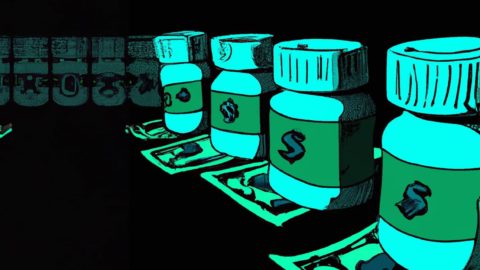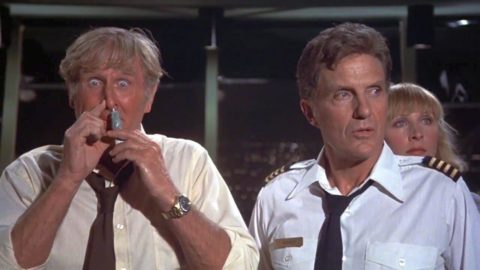This has not been a great week for explanatory takes on the Inflation Reduction Act “negotiation” process. I did some whining yesterday about Reuters’ micron-deep assessment of the situation, and
So there won’t be news this week on the government’s opening offer** around price controls for the first 10 medicines selected under the Inflation Reduction Act. Companies will get the
Gird your loins, everyone. We’re about to have the most intense 10 days in DrugPricingLand in quite some time. We’re due to have the first oral arguments over a core
The idea that hospitals are marking up prices on medicines -- not by a little, but by a whole lot -- is not a new one. PhRMA has been waving
Tyson Foods has 140,000 employees, which is a huge number of people in most contexts, but not that big a number, if we’re being honest, in the context of U.S.
I’m usually loathe to link to articles that are behind particularly high paywalls, but I’m going to make an exception. If you subscribe to BioCentury, check out this piece on
There are two weirdly similar stories out today on how to shop thoughtfully for low-priced medicines, one from USA Today and one from the Boston Globe. These two pieces are
In some ways, I’ve given up on my dream that stories about beginning-of-the-year price changes for prescription drugs will be thoughtful. Yes, it would be nice if the stories were
Lord, this is lousy. The New York Times is out with an explainer on why the United States has high drug prices. To the extent that there are myths around
Yesterday, feeling snarky, I asked a rhetorical question: “What has United done for anyone lately?” The point, in the context of yet another set of record profits for UnitedHealth Group,











